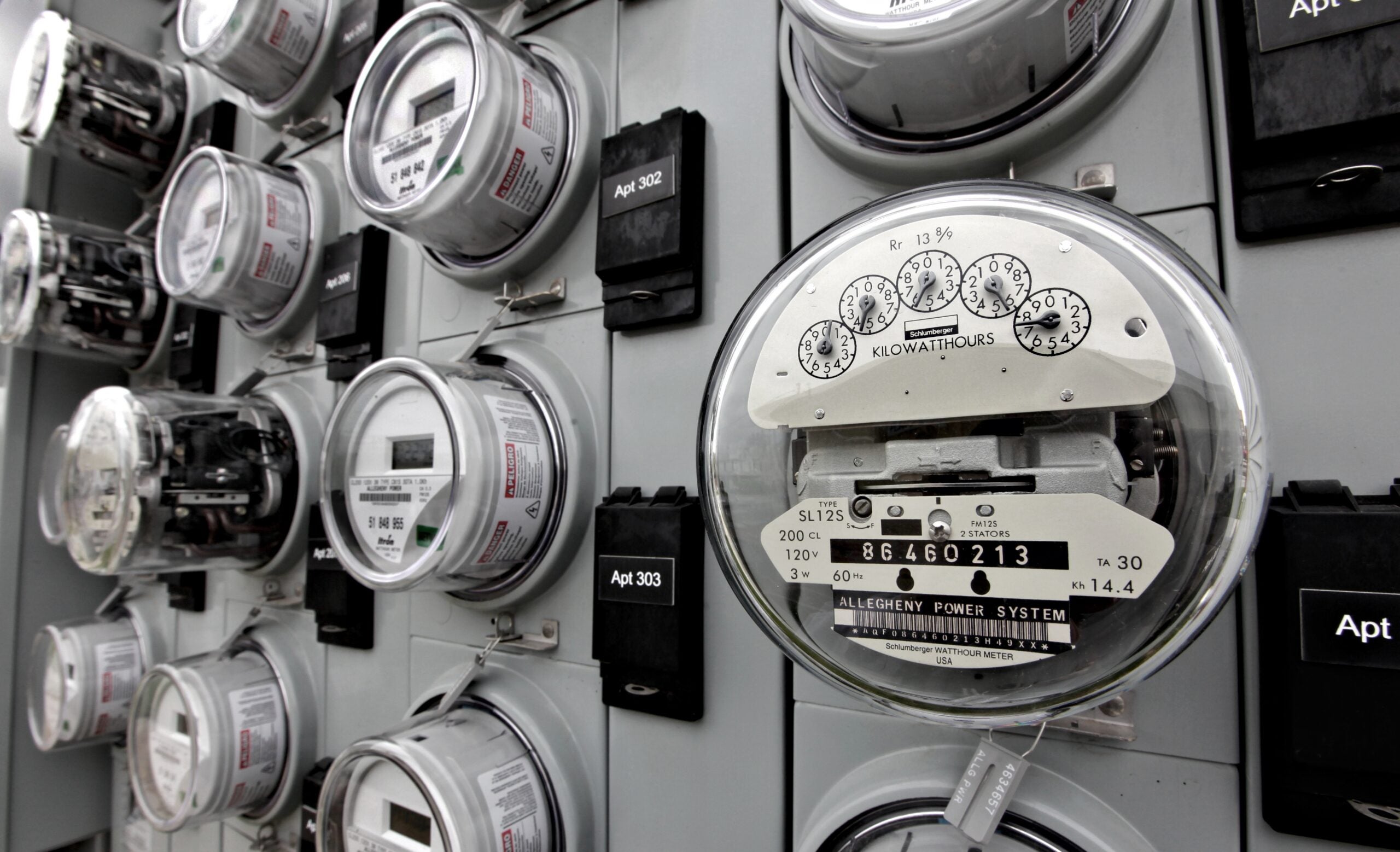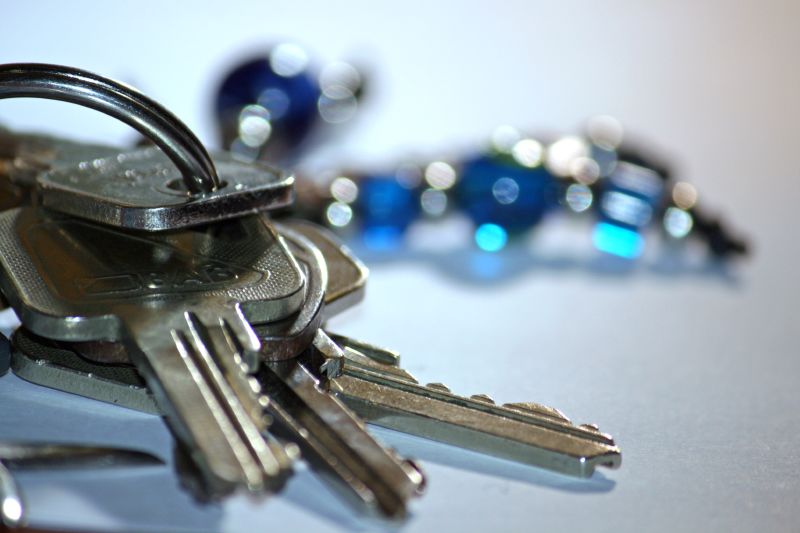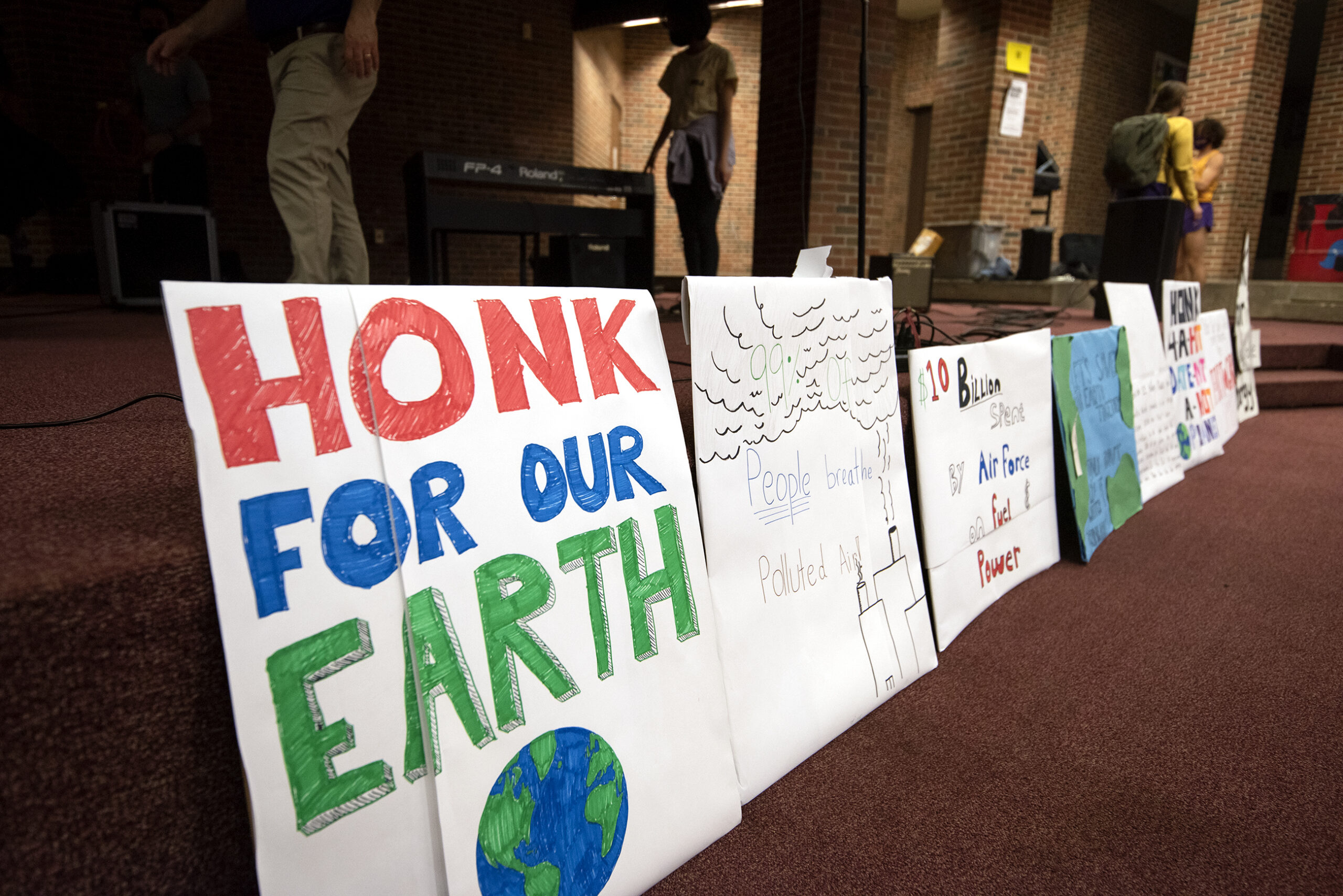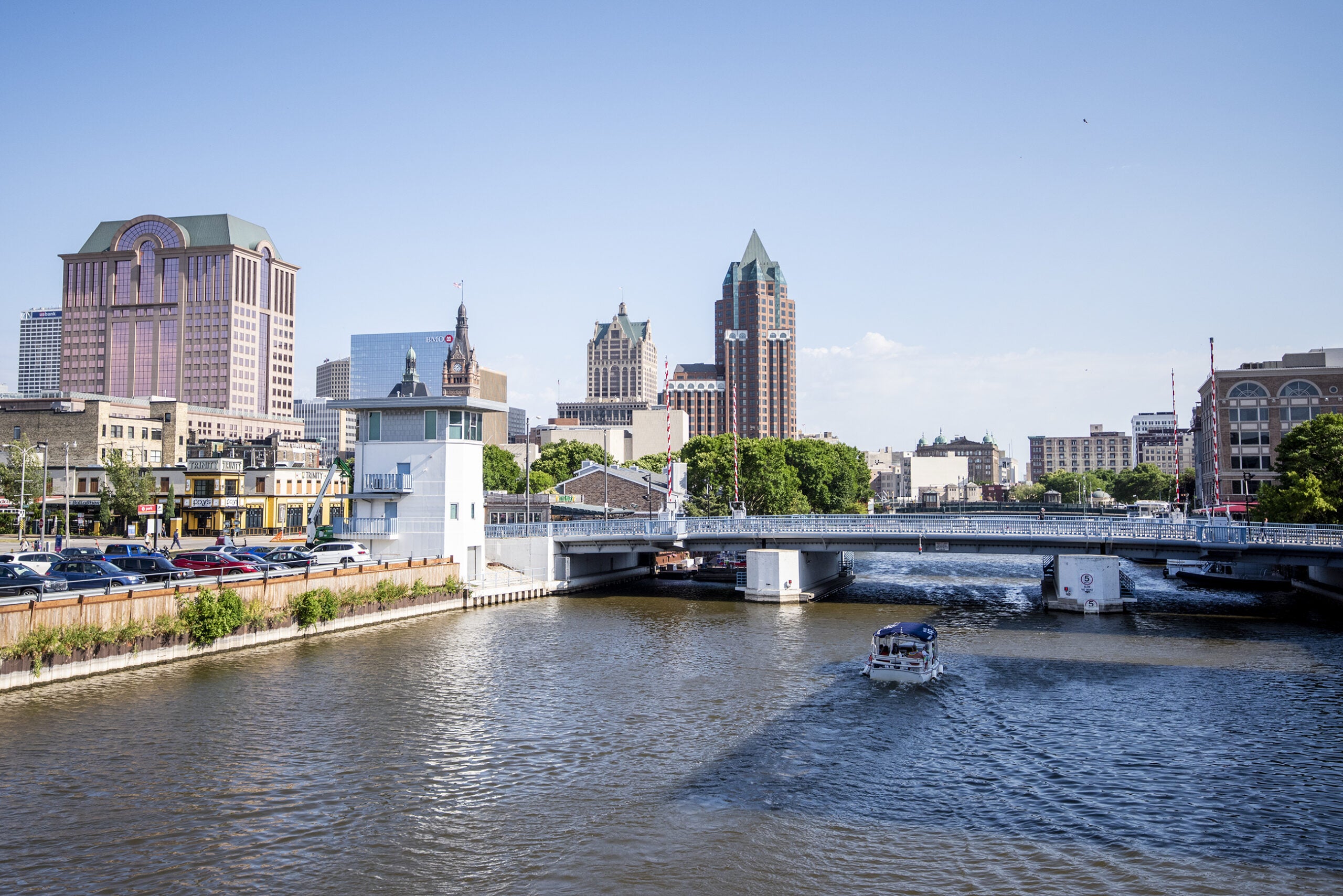With temperatures rising, many Wisconsin residents are cranking up their AC more regularly. But for large swaths of the population, that creates financial burden.
“If you are struggling to pay your energy bill and your home is inefficient, you are essentially on a hamster wheel that you might not ever get off,” Wisconsin Public Service Commission Chairperson Rebecca Cameron Valcq said at a press conference Tuesday.
That’s why the commission has awarded $500,000 to Revitalize Milwaukee and Green Homeowners United to upgrade the homes of 50 low-income Milwaukee and Waukesha County homeowners to be more energy efficient.
News with a little more humanity
WPR’s “Wisconsin Today” newsletter keeps you connected to the state you love without feeling overwhelmed. No paywall. No agenda. No corporate filter.
“Those dollars are going to be key to help us reach our goal of 100 percent electricity consumed in the state of Wisconsin to be coming from carbon free sources,” said Valcq. “But it starts at home.”
The funds will be life-changing for homeowners that get them, said Revitalize Milwaukee CEO Lynnea Katz-Petted. The organization provides free home repairs to certain low-income people.
“There are a lot of homeowners out there who unfortunately are living in subpar conditions with either really high electrical bills and/or without proper facilities,” she said.
Katz-Petted said the funds will go toward helping low-income veterans and their families, disabled people and people over 60 because those populations are some of the most in need, especially within communities of color. Many have less control over their financial situation, because they live off a fixed income or must take care of children alone while their partner is deployed, she said. Others are limited by disabilities.
“If you’re 87 years old and you’re in a wheelchair, you’re not going to go out and get a second job,” Katz-Petted said.
For those spending large portions of their income on energy costs — sometimes over half — the situation can turn dire, she said. She knows of some Revitalize Milwaukee clients who have turned off the heat and spent time in stores or friends’ homes during the winter, and others who have turned off the heat in all but one room or warmed up next to a stove.
“It breaks my heart, to be honest with you, the situations that are happening in our community on a day-to-day basis,” she said.
Kevin Kane is the chief economist of Green Homeowners United. He said low-income people, especially people of color, often live in older homes that aren’t energy efficient, because they lack the funds to renovate or don’t have access to home repair programs. The organization helps people upgrade their homes.
“We’re seeing homes that are 80, 90, 130 years old that were not built to the same energy standard as other homes elsewhere in the metro area,” Kane said.
By making improvements, like air sealing, installing new windows and improving insulation, the program will reduce energy usage, leading to lower utility costs, he said. In addition to improving energy efficiency, the organizations will use eco-friendly, sustainable materials, like cellulose, which is made from recycled newspaper. This work, Kane said, is one of the best ways to protect the environment and reduce carbon emissions.
“The ones that are the most leaky are using some of the most energy,” he said. “So not only is it an equity issue for the people who are paying the utility bills living in these homes, but also it’s a climate issue… We need to figure out how to make everything from window installers to insulation experts to heating techs be seen as really the front lines of fighting climate change.”
Wisconsin Public Radio, © Copyright 2025, Board of Regents of the University of Wisconsin System and Wisconsin Educational Communications Board.





